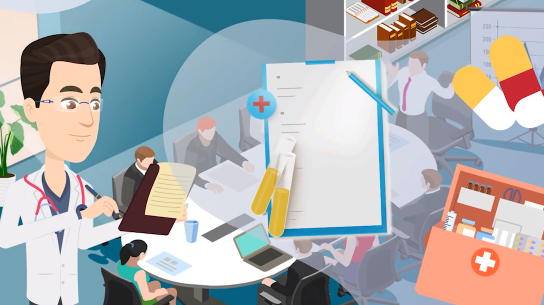General Office of the State Council issues the Opinions on Establishing a Team of Professionalized & Specialized Drug Inspectors

Recently, the General Office of the State Council issued the Opinions on Establishing a Team of Professionalized & Specialized Drug Inspectors (hereinafter referred to as Opinions).
The Opinions defines professional & specialized inspectors of drugs (incl. medical devices and cosmetics) as those who accredited by the drug regulatory authorities to conduct compliance verification and risk assessment on places and activities where the administrative counterparts engage in drug R&D and production, etc. The inspectors constitute an important supporting force for strengthening drug supervision and ensuring drug safety. Per the professionalization orientation and professional & technical requirements, by the end of 2020, the drug regulatory authorities of the State Council and the provincial levels shall have basically completed the construction of a system of professional & specialized drug inspectors. On this basis, it will take another three to five years to build and further improve a politically and professionally qualified, honest and efficient professional & specialized drug inspector team system with full-time inspectors as the mainstay and part-time inspectors as a supplement, basically satisfying the requirements for drug administration.
The Opinions proposes five policy measures.
1. Improve the institutions and mechanisms of drug inspection. Professional & specialized teams of drug inspectors shall be constructed at the national and provincial levels with reinforced institution construction, clarified division of powers, refined inspection requirements, and ameliorated coordination mechanism for inspections.
2. Ensure the staffing of inspectors. Reasonably determine the size of the team, standardize the staffing management, innovate the inspector management mechanism, and enrich the inspector team through multiple channels.
3. Strengthen the management of the inspectors. Professionalized & specialized drug inspectors shall be subject to hierarchical classification management with strict job access and employment conditions, and scientific and reasonable mechanisms for assessment & evaluation, promotion and demotion.
4. Continuously improve the ability and quality of inspectors. Strengthen inspector business training, encourage self-improvement, and innovate high-quality inspector training mode.
5. Establish an incentive and restraint mechanism. Broaden the professional development space of inspectors, improve the policy for inspectors to participate in the evaluation of corresponding professional titles, establish a guarantee mechanism for remuneration, and strengthen discipline and supervision.




